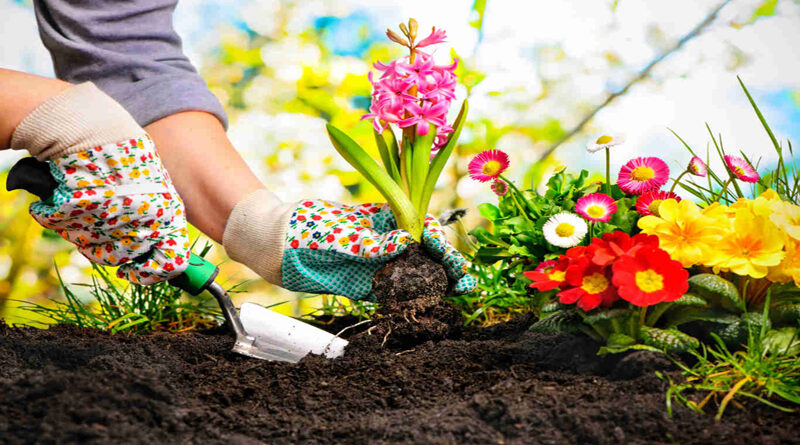Gardening for Beginners: Tips and Tricks for a Successful First Garden
Gardening is a rewarding and therapeutic hobby that connects us to the natural world. It allows us to nurture and cultivate life while creating beautiful and productive outdoor spaces. If you’re new to gardening, embarking on your first garden can be an exciting but daunting task. South African home and construction blog But fear not, as this comprehensive guide will provide you with essential tips and tricks to help ensure your first gardening experience is both successful and enjoyable.
1. Choose the Right Location:
Selecting the right location for your garden is crucial. Most plants require at least 6-8 hours of direct sunlight each day, so choose a spot that receives ample sunlight. You should also consider factors like soil quality, drainage, and proximity to water sources. A well-drained, slightly sloped area is ideal to prevent waterlogging, while easy access to water will make your watering tasks more manageable.
2. Start Small:
For beginners, it’s wise to start with a small garden. A smaller garden is easier to maintain and less overwhelming. You can always expand in the future as you gain confidence and experience.
3. Soil Preparation:
Healthy soil is the foundation of a successful garden. Conduct a soil test to determine the pH level and nutrient content of your soil. Most plants thrive in soil with a neutral pH (around 6.5-7), but some may have specific requirements. You can amend your soil with organic matter like compost or well-rotted manure to improve its quality. Good soil preparation is essential for proper root development and nutrient uptake.
4. Select the Right Plants:
Choose plants that are well-suited to your climate and soil conditions. Local nurseries and gardening centers can provide guidance on the best plants for your area. Consider planting a mix of vegetables, herbs, and flowers to add diversity and visual interest to your garden.
5. Plan Your Garden Layout:
A well-planned garden layout can maximize your space and make maintenance easier. Use graph paper to sketch a layout, considering factors like plant spacing, growth height, and potential shade cast by taller plants. Group plants with similar water and sunlight requirements together to simplify care.
6. Proper Watering:
Watering is a critical aspect of gardening. Overwatering can lead to root rot, while underwatering can cause stress and stunted growth. Water your garden in the morning to allow leaves to dry before evening, reducing the risk of fungal diseases. Use a soaker hose or drip irrigation system to provide consistent moisture to the roots.
7. Mulch for Moisture and Weed Control:
Applying mulch around your plants helps retain moisture, suppresses weed growth, and regulates soil temperature. Organic mulch, like straw or wood chips, is an excellent choice. Just be sure to keep it away from the plant stems to prevent rot and pests.
8. Pest and Disease Management:
Learn to identify common pests and diseases in your area, and take preventive measures. Use natural remedies like neem oil, diatomaceous earth, or companion planting to deter pests. Regularly inspect your plants for signs of trouble to catch problems early.
9. Regular Pruning and Deadheading:
Pruning and deadheading are essential tasks to encourage healthy growth and enhance the appearance of your garden. Remove dead or yellowing leaves, spent flowers, and leggy growth to improve air circulation and prevent disease.
10. Be Patient:
Remember that gardening is a learning process. Not everything will go perfectly the first time, and that’s okay. Be patient and learn from your successes and failures. Over time, you’ll become a more skilled and confident gardener.
11. Keep Records:
Maintain a gardening journal to record what you plant, when you plant it, and how it performs. This will help you track your garden’s progress and make informed decisions in the future.
12. Enjoy the Journey:
Gardening is not just about the end result; it’s about the journey and the connection to nature. Take time to sit in your garden, enjoy the sights and sounds, and appreciate the fruits of your labor.
In conclusion, gardening for beginners can be an incredibly rewarding experience when approached with the right knowledge and mindset. By following these tips and tricks, you’ll set yourself on the path to a successful first garden. Embrace the process, stay curious, and let your green thumb flourish. Happy gardening!
